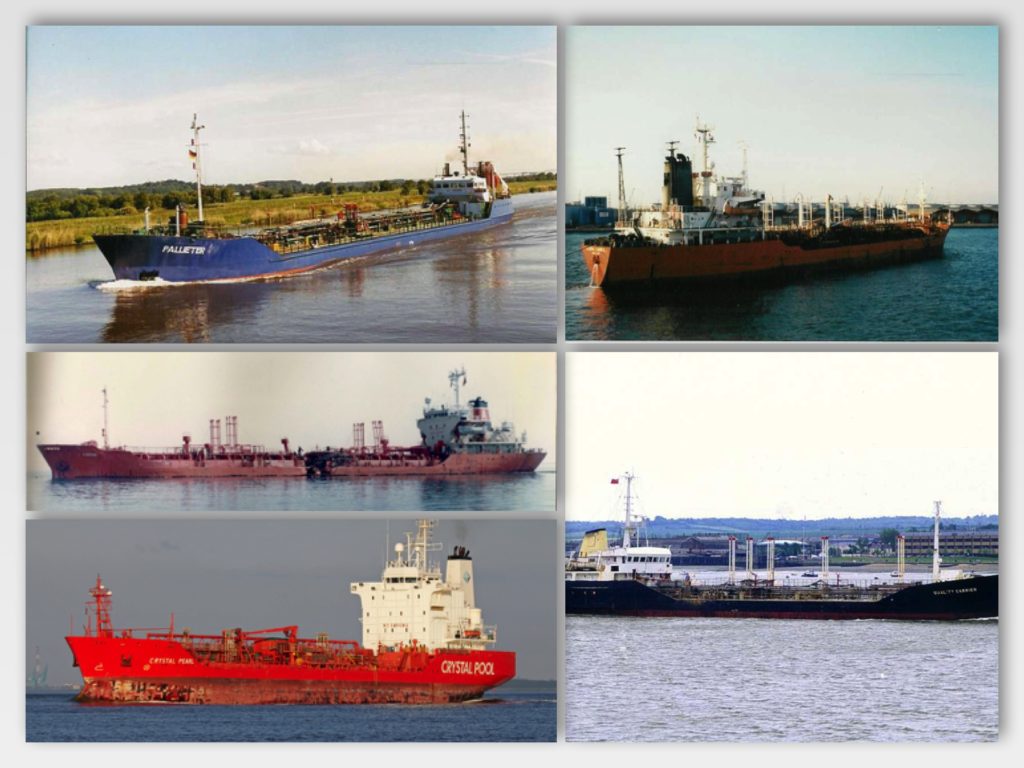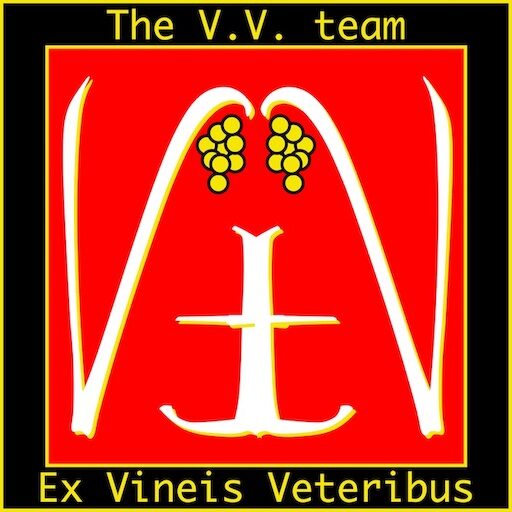1962-1982: The training days
1982-1991: Around the world on a can of oil
1991-1997: Smaller ships, harder work
1997-2001: The teaching days
Smaller ships, harder work
In the early nineties, I was transferred to a 3000 GT chemical tanker on the North Sea and Baltic trade. It was a brutal awakening from the worldwide trade on larger ships. Furious rotations with constant change-over from products meant that the crew was performing very harsh overtimes, day and night, cleaning, loading, discharging and cleaning again. As chief officer, we were finally granted equal time contracts, six weeks on and off, but most of our holidays were spent recovering from the on board time.
The Belgian officers were mostly still working for one of the five Belgian ship owners/managers. One of those managers had a contract with a small operator that made a business of buying near-derelict chemical tankers and operating them on a shoestring to compete with the big boys. We used to say in those days that when a ship had reached the end of its useful life, give it to the Belgians and they’ll still make her profitable. We knew our business very well, but were probably a bit reckless too.

Enter the “CORSE”, a 6000 GT chemical tanker, Japanese built and with a rare 4 stroke reversible main engine. Over the course of three separate voyages on that ship, interrupted by time on others, I have learned all the tricks on how to fool surveyors from class and flag, and obviously, how to detect those tricks later when I became a surveyor myself. On my first contract, the ship was T-boned by a ferry in the Suez pilot boarding ground. On the second voyage, the owners, despite my negative advice, contracted to load sulphuric acid. One week later, I was swimming in the stuff, it was everywhere, in all three pumprooms, in the ballast tanks, you name it. The last voyage, as master and with the ship disintegrating around us, was critically terminated by a fire in a pumproom while discharging olefins. The fire was controlled and extinguished by the crew before the fire brigade got there, but that prompted management to finally accept that the risk was not worth taking and the ship was transferred to a Chilean management company. Needless to say, she never completed another commercial contract and was broken up.
I am not proud of those days, but that was all before ISM, let alone MLC. Everything I accepted then was based on my personal assessment that the ship and crew were never at risk, even though the commercial operation was completely open to claims from all sides. That was also very well documented with the managers to protect them as well as us.
My last contract in that trade was on Pallieter, same owners, same monkey business. Coming back from Senegal (on a converted bunker barge with no air conditioning), we were sent to the Azores to replace another boat of the owners that had been seized for failing bank payments. We did the distribution of oil products from Sao Miguel to the rest of the islands. Sometimes in August of 1997, our ship was arrested too, the crew on strike and no money for provisions. Having been four month on board on an initial two month contract, I decided to force my repatriation.
As I reported to the company office in Antwerp, there was a poster there from the Hogere Zeevaartschool (our maritime college) recruiting a lecturer for the nautical department. Fed up with the conditions on board, I applied and three days later, I was a teacher. That is the start of a new chapter in my maritime career.
